This special technology guide from Dell Technologies and AMD will take a closer look at some of the biggest disruptors affecting energy companies, and also examine how big data analytics can help these firms reduce risk, drive down costs, and improve efficiency.
Get Started for FREE
Sign up with Facebook Sign up with X
I don't have a Facebook or a X account
 Your new post is loading... Your new post is loading...
 Your new post is loading... Your new post is loading...

Jeff Domansky's curator insight,
January 2, 2014 3:11 AM
What's the big deal about big data? Mostly, it's about the myths that prevent it from being better utilized. |

luiy's curator insight,
July 28, 2013 8:16 AM
The term ‘smart city’ has been variously defined within the literature, but can broadly be divided into two distinct but related understandings as to what makes a city ‘smart’. On the one hand, the notion of a ‘smart city’ refers to the increasing extent to which urban places are composed of ‘everyware’ (Greenfield 2006); that is, pervasive and ubiquitous computing and digitally instrumented devices built into the very fabric of urban environments (e.g., fixed and wireless telecoms networks, digitally controlled utility services and transport infrastructure, sensor and camera networks, building management systems, and so on) that are used to monitor, manage and regulate city flows and processes, often in real-time, and mobile computing (e.g., smart phones) used by many urban citizens to engage with and navigate the city which themselves produce data about their users (such as location and activity). Connecting up, integrating and analysing the information produced by these various forms of everyware, it is argued, provides a more cohesive and smart understanding of the city that enhances efficiency and sustainability (Hancke et al., 2013, Townsend 2013) and provides rich seams of data that can used to better depict, model and predict urban processes and simulate the likely outcomes of future urban development (Schaffers et al., 2011; Batty et al., 2012). Everyware thus works to make a city knowable and controllable in new, more fine-grained, dynamic and interconnected ways that “improve[s] the performance and delivery of public services while supporting access and participation” (Allwinkle and Cruickshank 2011: 2). It also provides the supporting infrastructure for business activity and growth and stimulates new forms of entrepreneurship, especially with respect to the service and knowledge economy. |



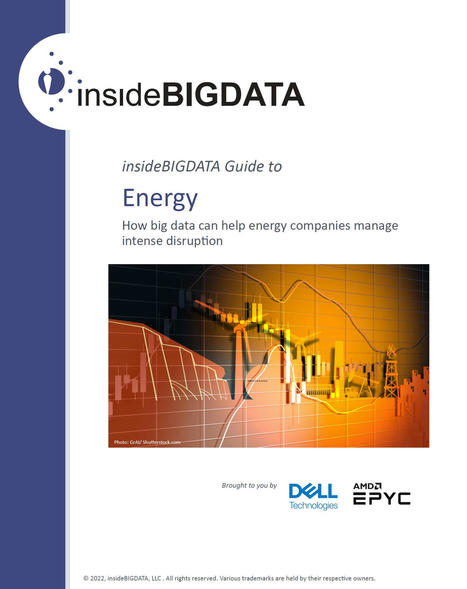

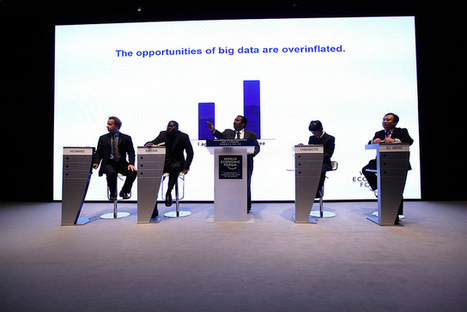









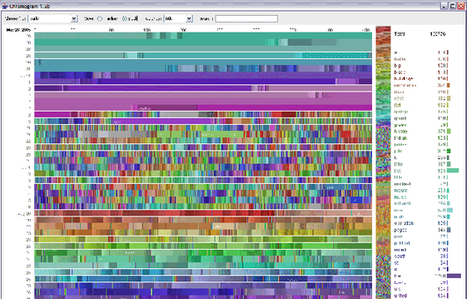

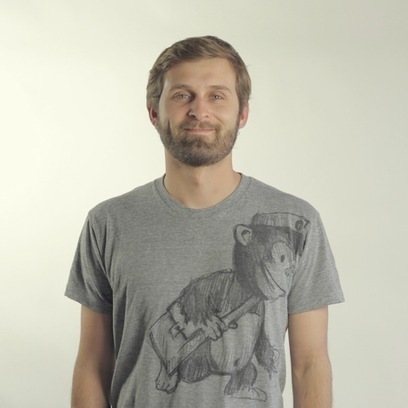


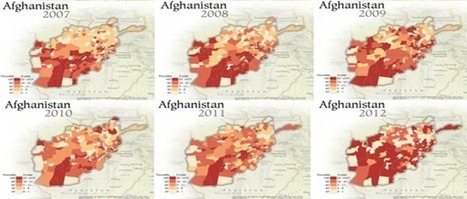
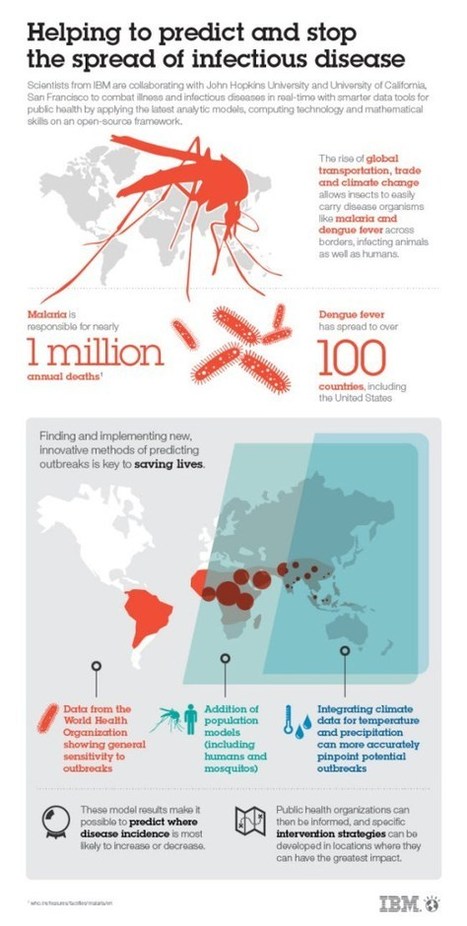



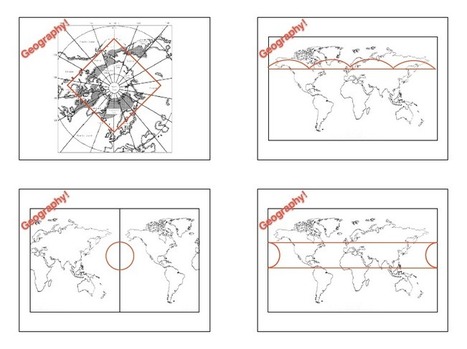






13 ways that big data analytics is helping energy companies manage the current level of disruption